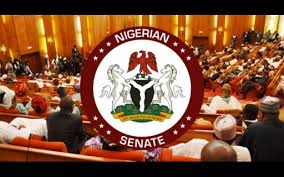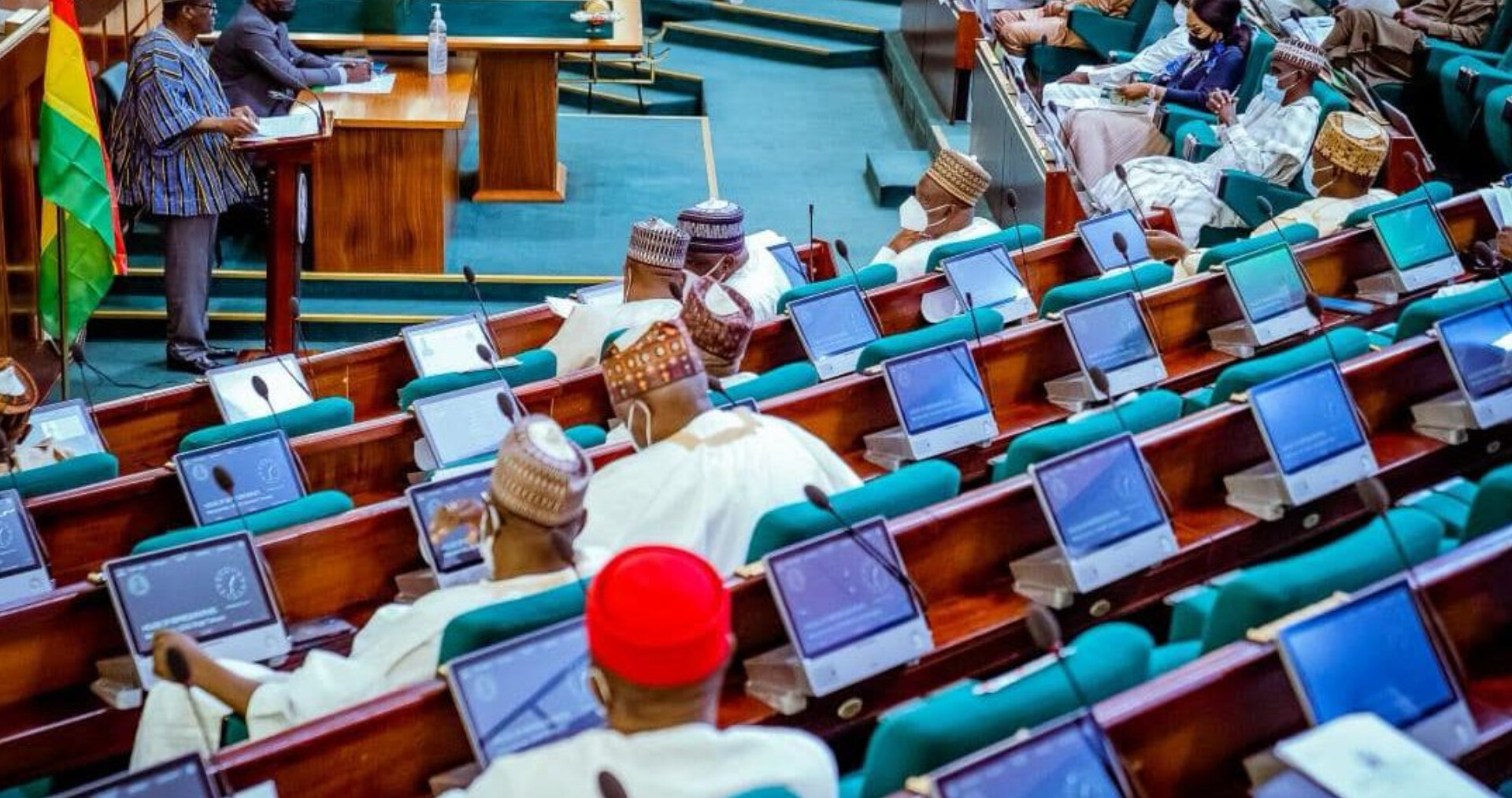From Friday Idachaba, Lokoja
The Kogi State House of Assembly has reconvened after a lengthy recess, with Speaker Rt. Hon. Aliyu Umar Yusuf expressing gratitude and excitement over the Supreme Court’s affirmation of Governor Ahmed Usman Ododo’s victory in the November 11th governorship election.
In his welcome address to members, Speaker Yusuf commended the lawmakers for their solidarity and assured them of the ruling All Progressives Congress (APC)’s commitment to collaborative governance for the state’s betterment.

Yusuf stated, “The Supreme Court’s pronouncement has profound significance for all of us, both as members of this esteemed assembly and as a state. We attribute this triumph to the Almighty God.”
The Speaker emphasized the legislature’s unity across party lines, saying, “As lawmakers, we have collectively rejoiced at this outcome, demonstrating our commitment to working harmoniously for the state’s progress.”
The assembly pledged its support for the executive branch, ensuring a harmonious working relationship to drive development and progress in Kogi State.




